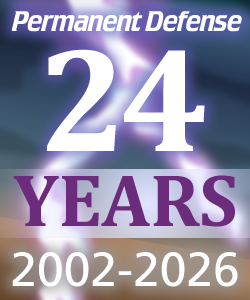June 5th, 2024
Republicans’ lawsuit to conceal fiscal impacts from voters should be tossed
In the Courts
About one month ago, Washington State Republican Party Chair Jim Walsh and Mainstream Republicans of Washington Chair Deanna Martinez filed a lawsuit in Thurston County Superior Court asking a judge to order Washington’s statewide elected officials to conceal information that voters are legally entitled to have about the fiscal impacts of three measures the duo hopes will catalyze Republican success in the coming presidential election.
Those measures — I-2109, I-2117, I-2124 — each target laws passed by the Washington State Legislature within the last few years, namely, the capital gains tax on the wealthy that funds the Education Legacy Trust, the Climate Commitment Act, and WA Cares.
Thurston County Superior Court Judge Allyson Zipp is slated to hear oral argument this Friday in the case.
Washington State Attorney General Bob Ferguson’s office has asked Zipp to dismiss the suit, calling it “a meritless attempt to deny voters information.”
It certainly is that – but it’s important to understand that it is also a desperate, last-ditch effort to rig the electoral arena in Republicans’ favor.
Walsh and Martinez have seen the public opinion research from the Defend Washington coalition indicating that each of their measures is currently on a trajectory to fail, especially once voters become aware of the initiatives’ fiscal impacts.
They know they aren’t going to have help from oil companies to pass I-2117, the initiative that seeks to repeal the Climate Commitment Act. And they know that their principal funder Brian Heywood doesn’t have a bottomless pocketbook, despite being very rich. He’s said he doesn’t intend to put millions more into the effort to pass the slate.
So, they’re quite worried about their prospects.
This lawsuit proves it. Underneath their bluster, you can see their concern.
They want to replicate Tim Eyman’s old formula for getting initiatives past the voters, but they have a problem: deceptive ballot language concealing the cost and consequences was an essential ingredient in Eyman’s formula, and there’s now a state law in place requiring that voters be informed about measures that have a fiscal impact on the ballot itself.
That 2022 law, sponsored by State Representative Mia Gregerson and championed by the Northwest Progressive Institute (NPI), is now set to be invoked for the first time.
Since the truth is such a serious barrier to their chances of winning this November, Walsh and Martinez and their counsel Joel Ard have come up with an argument for why the law shouldn’t apply to any of their three initiatives. They want Judge Zipp to grant writs of prohibition and mandate to hide essential information about what the measures would do from the people of Washington.
Contrary to what they’ve said in their public statements, this information is required to be factual and simply worded.
Here’s the law:
RCW 29A.72.027
Public investment impact disclosures.
(1) The attorney general must prepare a public investment impact disclosure for any ballot measure that:(a) Repeals, levies, or modifies any tax or fee, including changing the scope or application of an existing tax or fee; and(b) Has a fiscal impact statement, as provided by RCW 29A.72.025, that shows that adoption of the measure would cause a net change in state revenue.(2) The public investment impact disclosure must include a description of the investments that will be affected if the measure is adopted. The description must be sufficiently broad to reflect the subject of the investments that will be impacted by the change in revenue that will result from adoption of the measure, but also sufficiently precise to give notice of the subject matter of the investments that will be impacted by the change in revenue that will result from adoption of the measure. The description may not exceed 10 words, unless the fiscal impact is primarily to the state general fund, in which case the description must list the top three categories of state services funded by the general fund in the current state budget and may not exceed 15 words. The attorney general may consult with the office of financial management or any other state or local agencies as necessary to procure accurate information to draft the description.(3) The format of the public investment impact disclosure, as it appears on the ballot, is:“This measure would (increase or decrease) funding for (description of services).”(4) In drafting the public investment impact disclosure, the attorney general must use neutral language that cannot reasonably be expected to create prejudice for or against the measure. The language of the disclosure is not subject to appeal, except as provided in chapter 114, Laws of 2022.(5) The attorney general must file the public investment impact disclosure with the secretary of state no later than July 23rd.(6) The secretary of state must certify the public investment impact disclosure and timely transmit it to each county auditor for its inclusion on the ballot.(7) Public investment impact disclosures are not considered part of the ballot title under this chapter and are not subject to any of the legal requirements for ballot titles.
It is important to note that the disclosure is required of measures that increase as well as decrease funding for public services, and that the attorney general is required to “use neutral language that cannot reasonably be expected to create prejudice for or against the measure.”
This of course doesn’t matter to Walsh and Martinez.
The mere mention of fiscal impacts on the ballot is unacceptable to them, because the truth hurts. They want to win, and they see this disclosure law as a serious impediment.
So they’ve filed this lawsuit and have made some very ridiculous public statements about it in a desperate attempt to flip the script. They’re hoping the press won’t notice or point out that they’re now making arguments in court that are totally contradictory to the arguments they’ve made in the court of public opinion for more than a year.
They have been campaigning, for example, to “stop the hidden gas tax” with I-2117… but now they’re arguing in court pleadings that I-2117 wouldn’t repeal any taxes, or fees.
(And never mind that I-2117’s statement of subject and concise description, which were on all of their petitions, refer to “carbon tax credit trading.”)
At NPI, we believe that Washingtonians have a right to know what they’re voting on and what the effects of their vote would be, whether they choose Yes or No.
We are proud to have worked on HB 1876 with Representative Mia Gregerson. Our 2022 polling found that 82% of Washington voters support this law. Even Republican voters love the idea of fiscal transparency in initiative descriptions. It’s got universal support from across the ideological spectrum because it empowers voters.
All of us should be able to understand what we’re voting on. Concealing critical information about what a proposed law would do from voters is wrong. Appalling. Disgraceful.
Yet that is what Walsh and Martinez are asking our judiciary to do.
Judge Zipp should toss this lawsuit into the dustbin where it belongs. To do otherwise would not be in the interests of justice or an informed electorate.

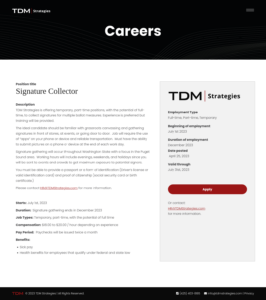
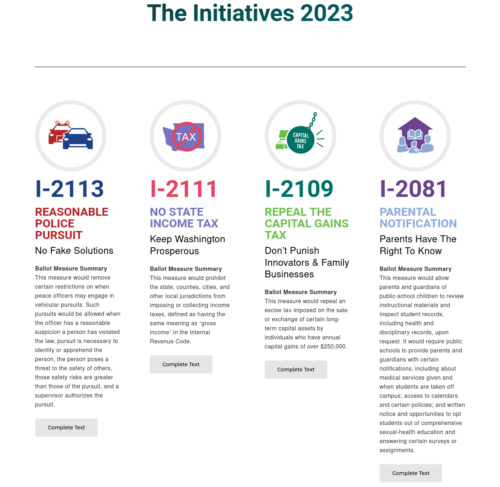

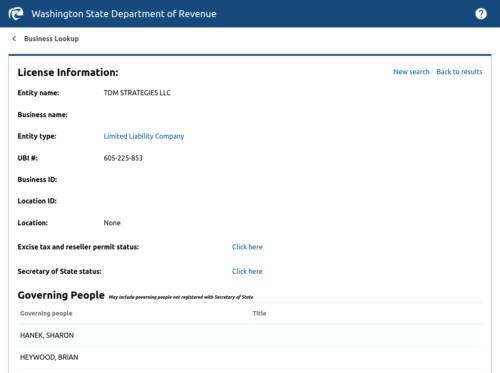
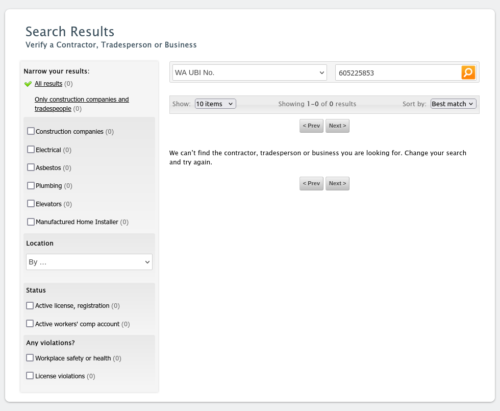
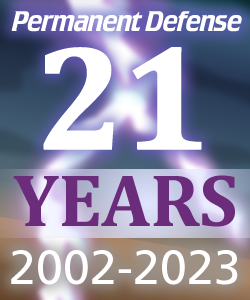 However, none did.
However, none did.